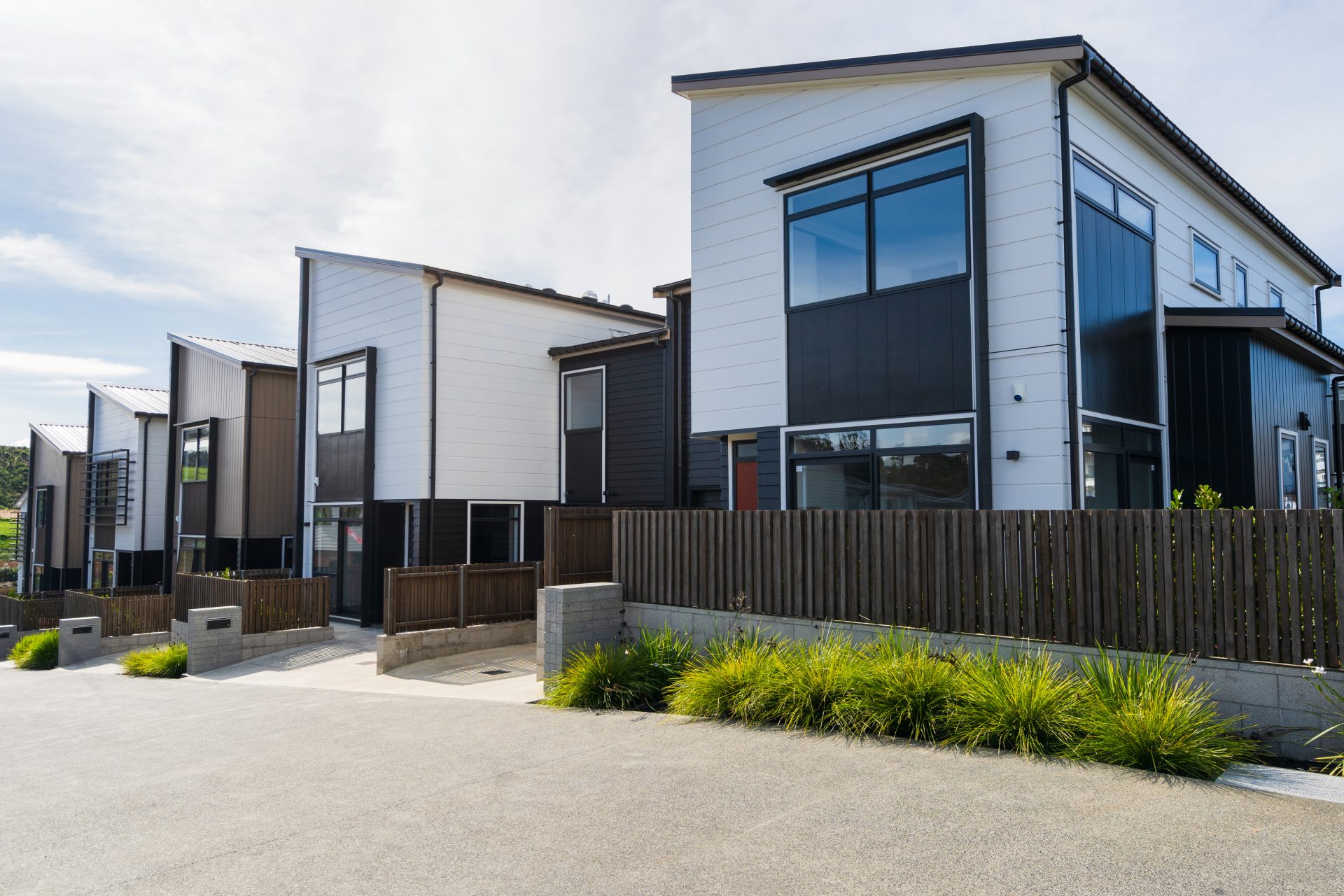Although many of us live the reality of the increased cost of living and the rapidly rising cost of housing in Aotearoa New Zealand, very few of us are aware of the numbers behind this lived reality. Despite our global reputation, Aotearoa New Zealand is becoming an increasingly inequitable society. Pacific peoples are bearing the brunt of this inequity, and without intervention, we are unlikely to see any changes.
Income
Pacific People’s median income is $24,300. Based on the New Zealand Government’s immigration website cost of living calculator a Pacific person on a median wage wanting to live in Auckland spending the average amount falls short of the expected budget by $349.24 a week, $1,396.96 a month, $16,763.52 a year. This is 68% more than the current Pacific person’s median income; this is not a budgeting issue.
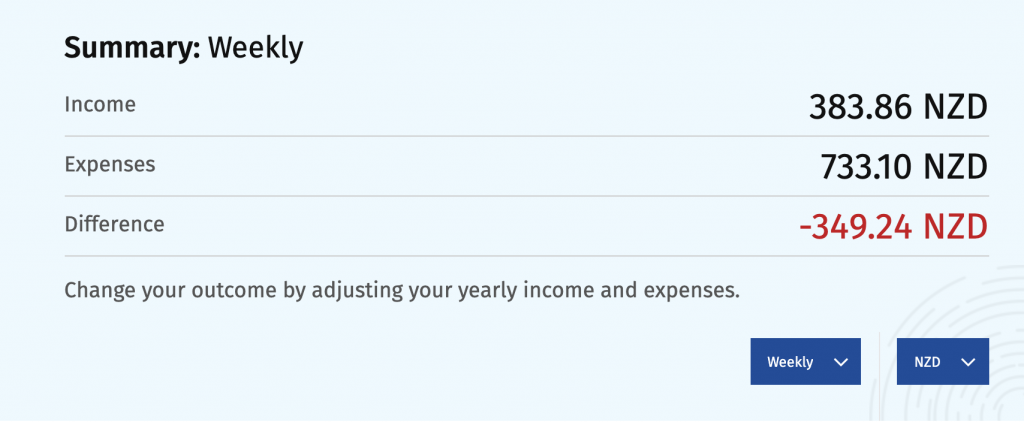
Education and Cost of Living
Often education is seen as the solution to poverty. When you look at the figures, this is true, over the years there has been a significant gap between the earnings of qualified vs non-qualified people. For Pacific in 2019 having no qualifications means earning $391 a week. Whereas Pacific peoples with a bachelors degree or higher earn $1,055 a week.

Using the same New Zealand Government’s immigration website cost of living calculator, this would leave a bachelor qualified Pacific Person with an extra $92.61 a week, $370.44 a month, $4,445.28 a year. With this, they could save up the 20% ($191,000) required for a house deposit in Auckland within 42 years serving as a stark reality of the unaffordability of housing for Pacific peoples in Auckland.
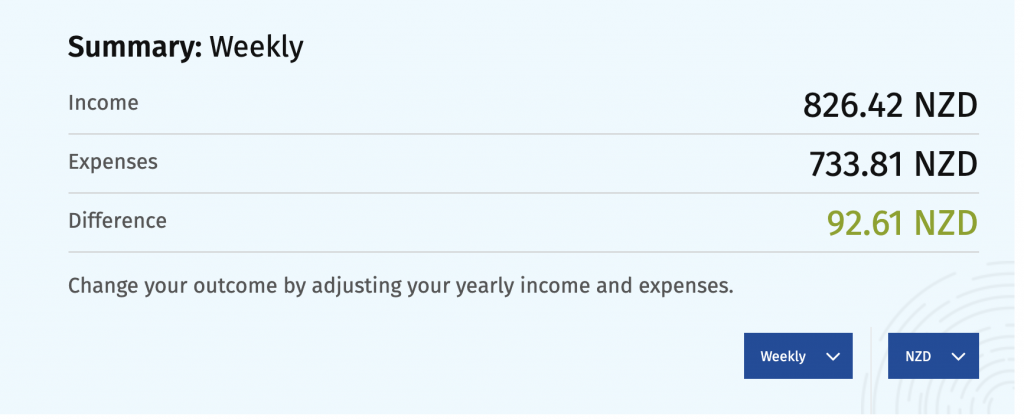
However, we know that educational outcomes in New Zealand are not equitable for Pacific peoples.
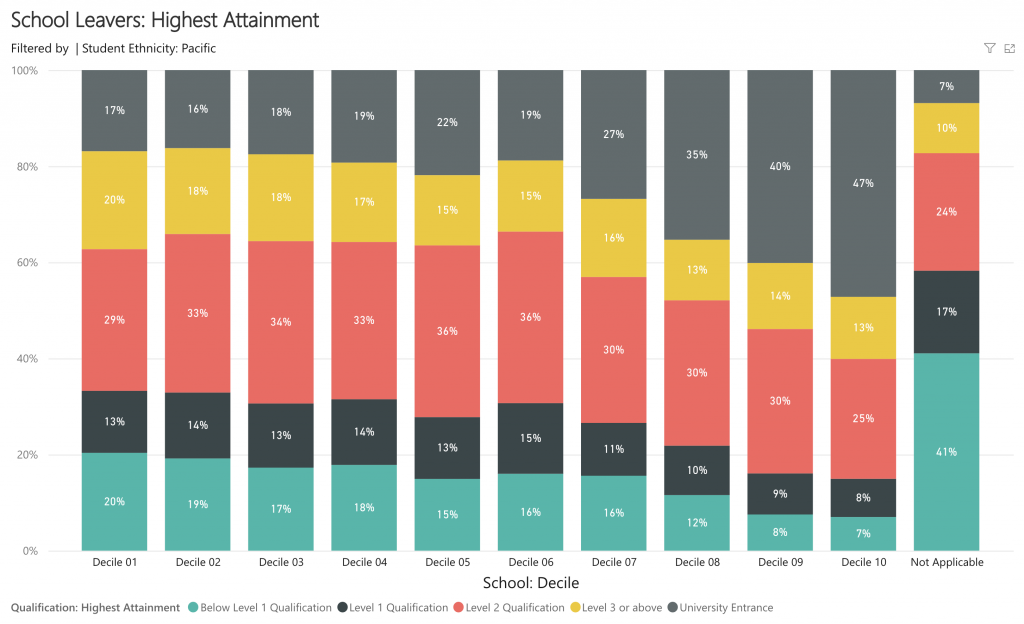
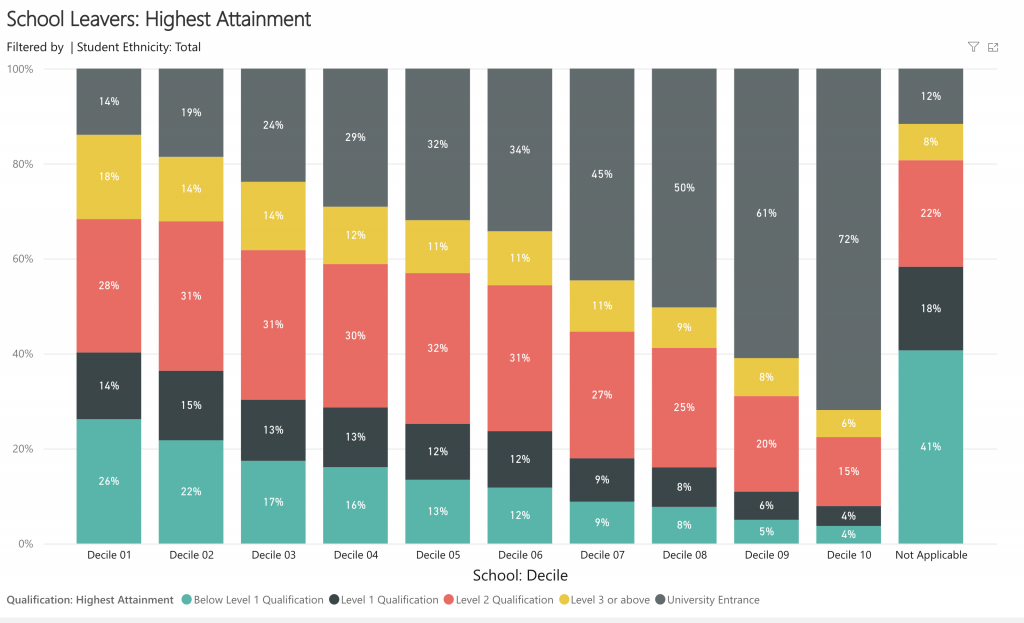
What can we do?
We cannot budget our way out of this stark inequity and increased costs of living. Education is an easily identifiable point of intervention; hence, why there are many Pacific education programmes. However, there are other options, including:
- Increasing Pacific peoples entrepreneurship opportunities by providing support to establish business such as free short courses on market research.
- Increase income for lower skilled workers
- Increasing Pacific business literacy through free programmes that walk Pacific peoples through how to turn a hobby into a productive company
Conclusion
Aotearoa New Zealand is becoming an increasingly inequitable society. Pacific peoples, who already face significant socio-economic disadvantages and higher levels of poverty, are bearing the brunt of this inequity. Without further action to reduce the rising cost of living and provide better access to education, it’s likely that these disparities will only increase. However, there are a number of interventions that could be made to reduce this inequity and help Pacific peoples access the same opportunities as their peers. Investing in initiatives that address these gaps can ensure a fairer society for all New Zealanders.


